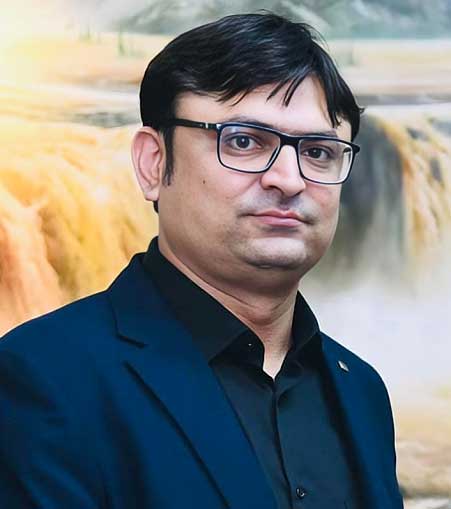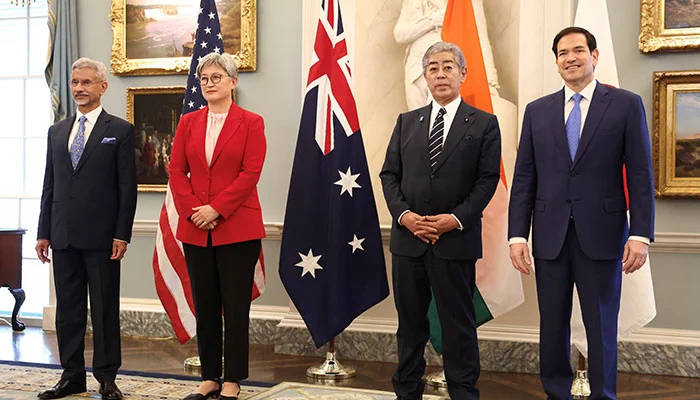ISLAMABAD: In a significant development amid Pakistan’s ongoing political deadlock, four senior leaders of the Pakistan Tehreek-e-Insaf (PTI), currently incarcerated, have issued a joint statement urging an inclusive political dialogue as the only viable solution to the country’s deepening crisis.
The statement, signed by Shah Mehmood Qureshi, Dr Yasmin Rashid, Mian Mehmood-ur-Rasheed, and Omar Sarfraz Cheema, emphasizes the need for immediate dialogue at both political and institutional levels. The leaders, imprisoned in Lahore, urged that they also be involved in any such engagement process and cautioned that assigning blame for initiating talks could sabotage the effort, placing the onus on the government to facilitate a constructive atmosphere.
“The only way out of the worst crisis in the country’s history is dialogue,” the letter stated. “It is necessary at every level — political and institutional.”
Notably, this call diverges sharply from PTI founder Imran Khan’s public stance, who has consistently rejected the idea of negotiating with the ruling coalition, asserting he would only engage with the “real decision-makers” — a veiled reference to the military establishment.
The letter was confirmed as authentic by PTI Chairman Barrister Gohar Ali Khan, who acknowledged receiving it and stated that the party leadership was considering their view.
Growing Rift Within PTI?
According to insiders, the letter was written after consultations with certain key PTI figures inclined to respond positively to Prime Minister Shehbaz Sharif’s earlier offer for dialogue. However, Imran Khan vetoed any such move, sticking to his confrontational posture.
This growing difference in strategy between jailed leaders and Khan suggests a brewing rift within PTI’s ranks over how best to navigate the current political impasse.
Aleema Khan’s Response
Separately, Aleema Khan, sister of Imran Khan, reiterated the former prime minister’s refusal to negotiate with the ruling coalition, describing it as “illegitimate” and calling for a nationwide protest movement after Muharram 10.
Speaking to the media outside Adiala Jail after a brief 15-minute visit with her brother, Aleema said:
“Imran Khan has directed the party to launch a movement against this system of slavery. He has made it clear that he will only talk to those who hold real power.”
She criticized the treatment meted out to Khan in jail, alleging solitary confinement, restricted legal access, and denial of basic rights such as books.
Aleema also pointed to growing censorship, judicial coercion, and what she called the “death of rule of law,” warning that Pakistan was “sliding towards monarchy” under the current regime.
“If you steal votes and declare that elections don’t matter, what’s left of democracy?” she asked. “This system is no different from martial law.”
A Divided Future?
The latest developments highlight the internal tensions within PTI as it grapples with leadership under duress and shifting political dynamics. While the jailed leadership seeks reconciliation and inclusion, Khan and his inner circle appear set on a path of confrontation and resistance.
Legal experts and political observers suggest the coming weeks — especially post-Muharram — will be critical in determining whether PTI moves toward a broader national dialogue or mobilizes for street protests, which could further polarize the already fragile political environment.




